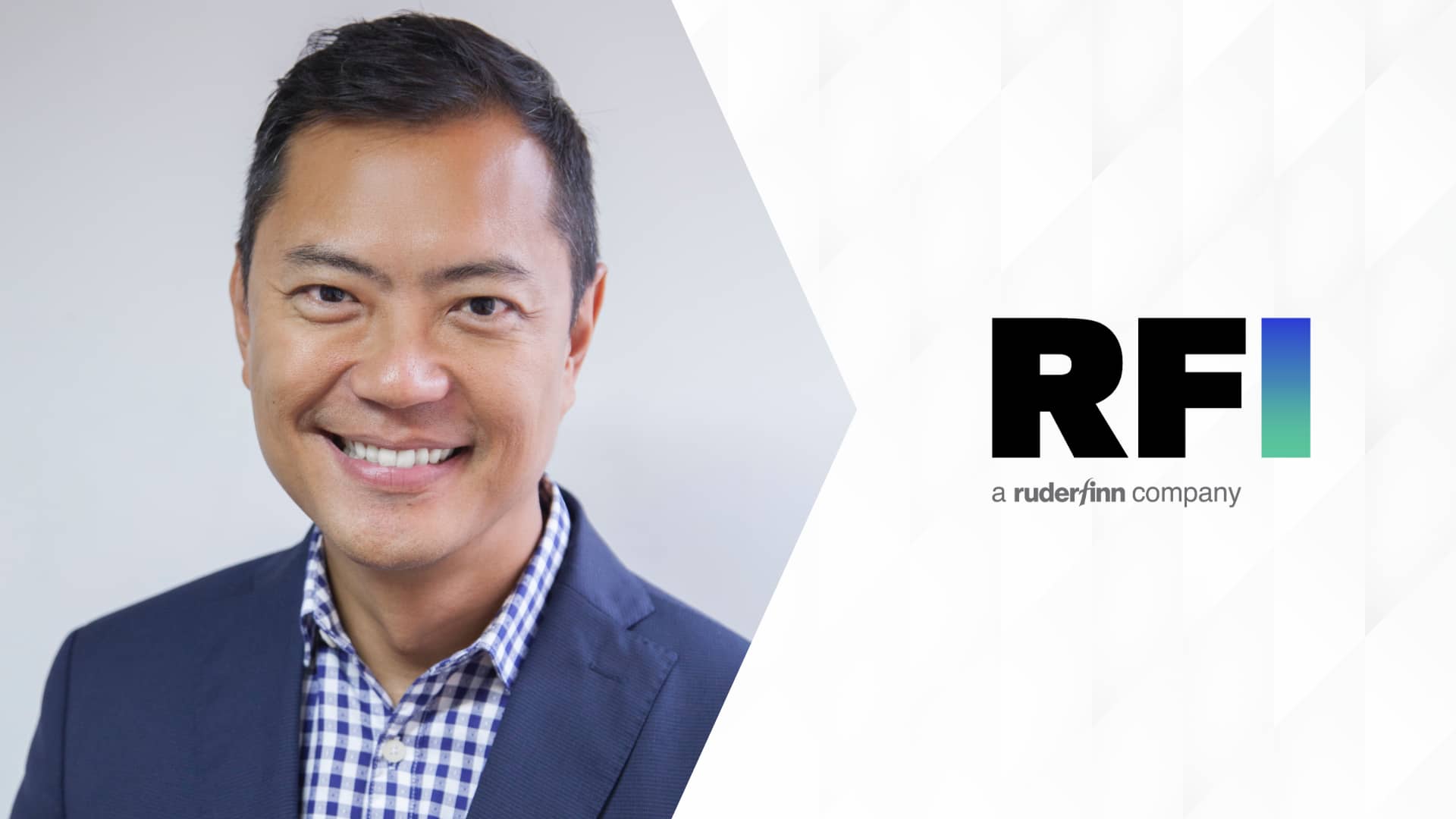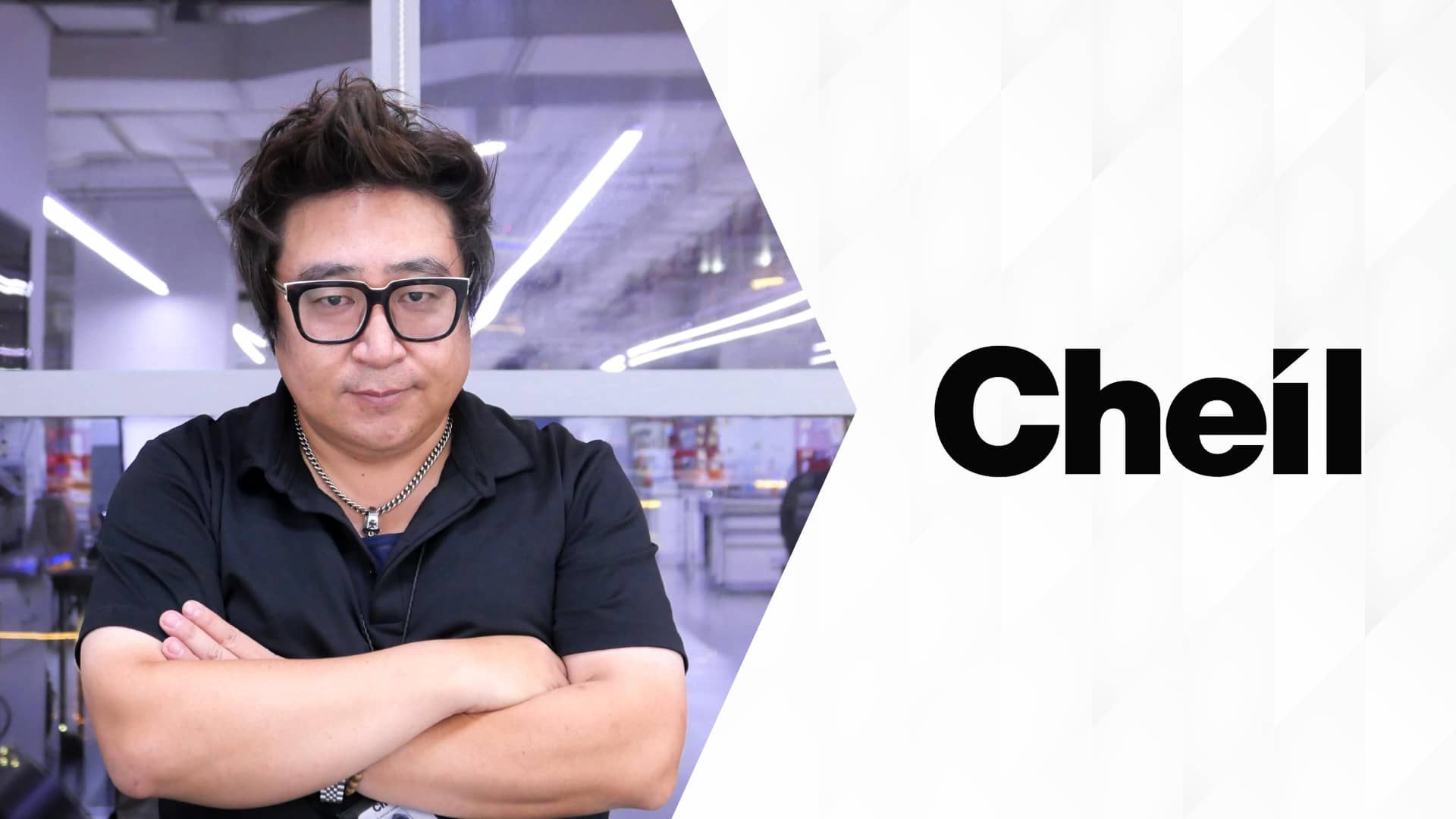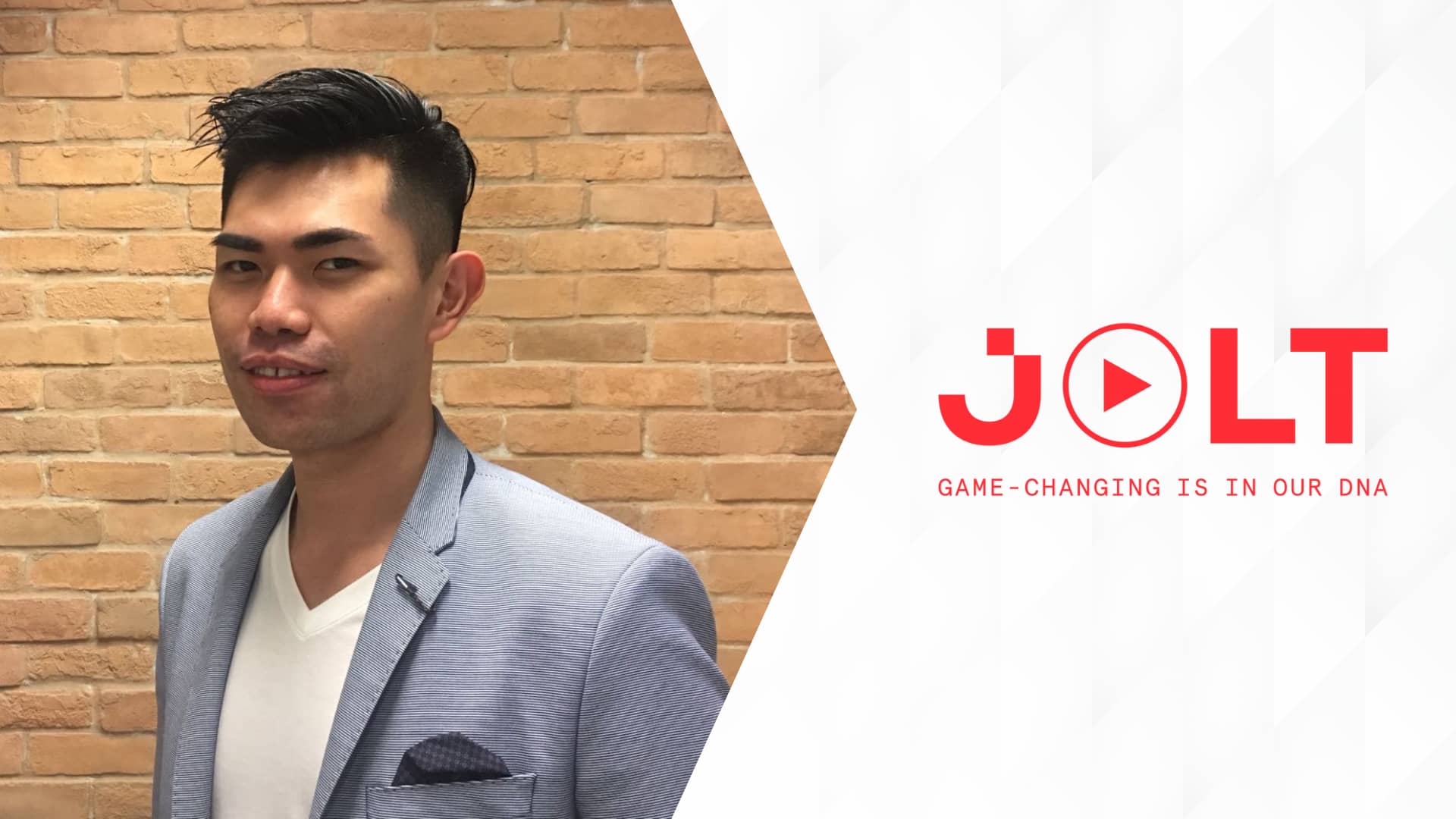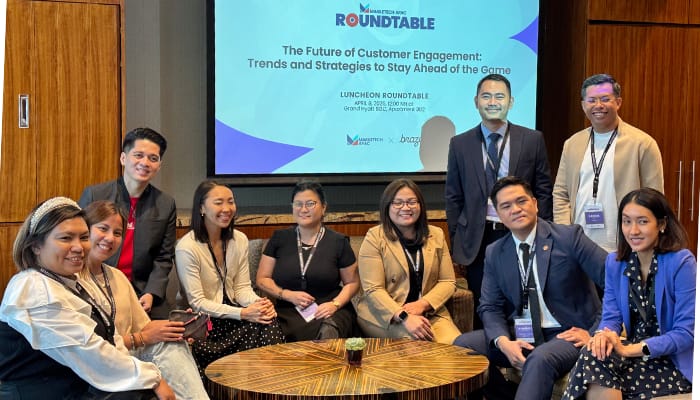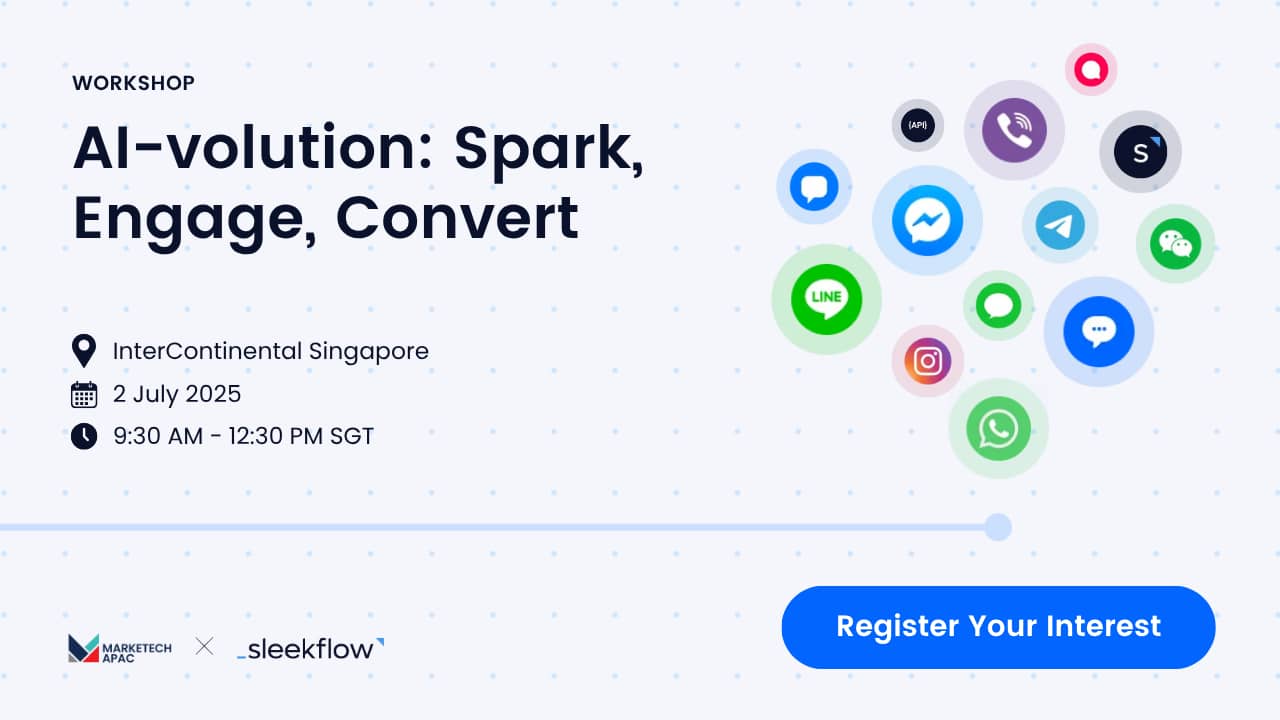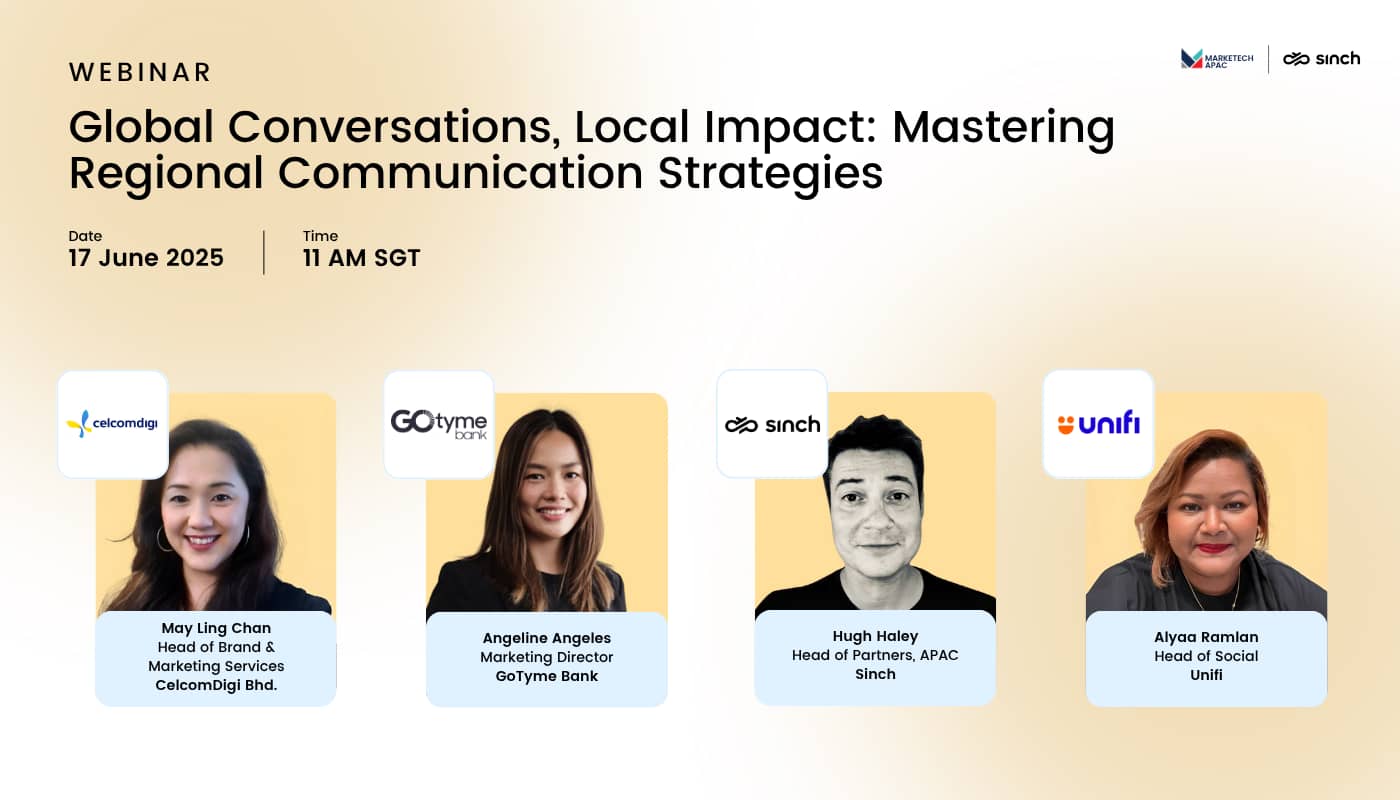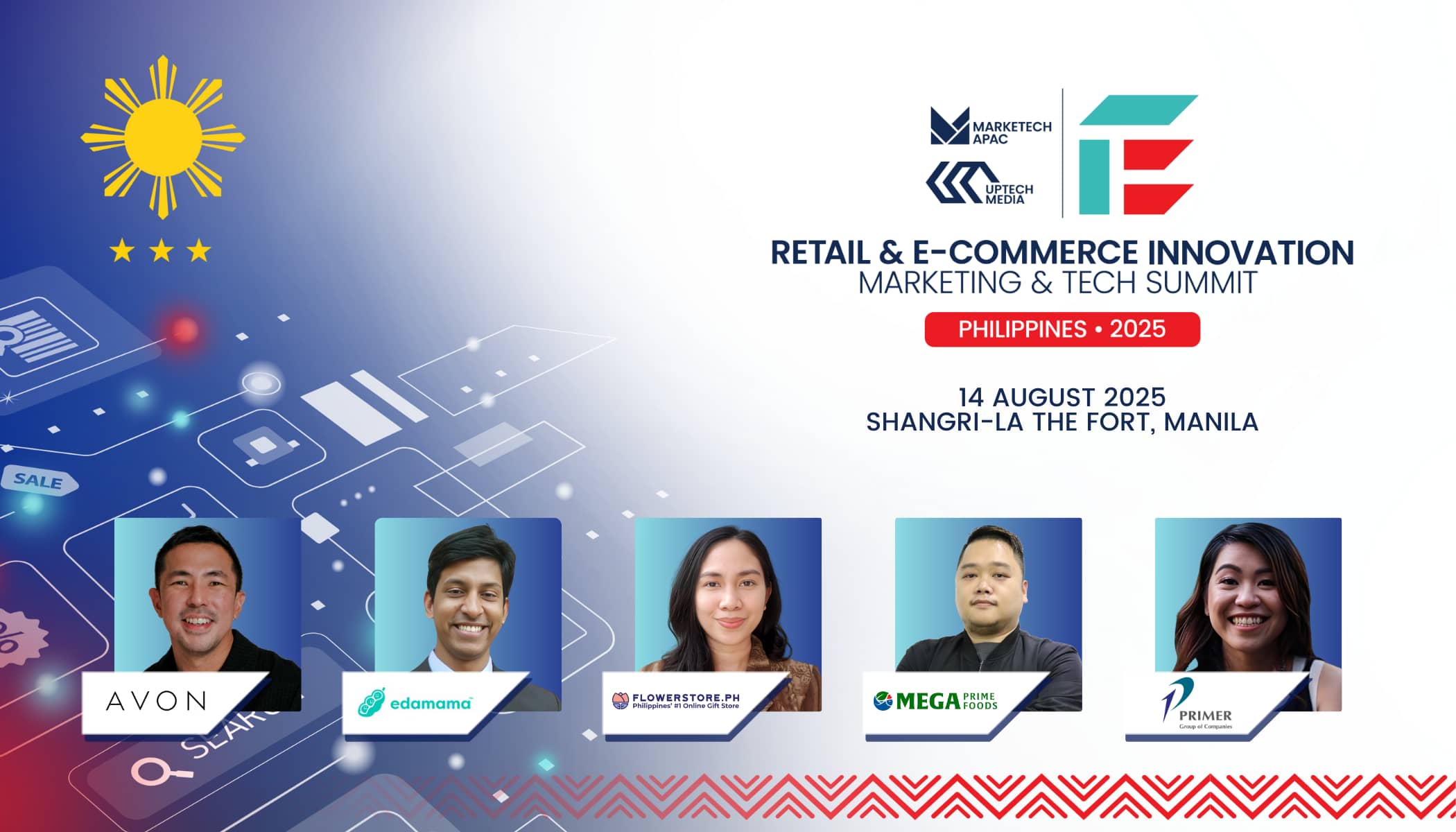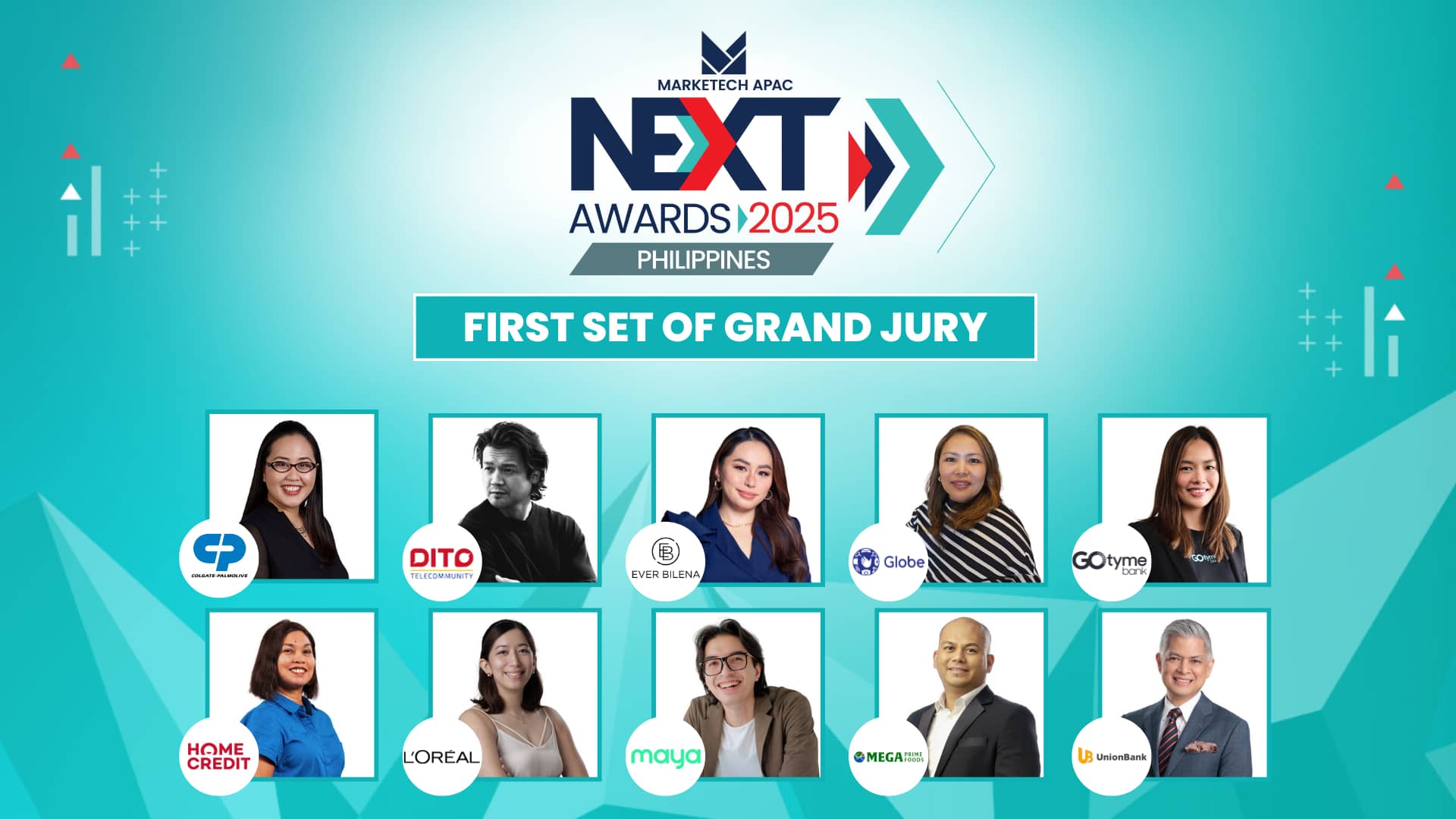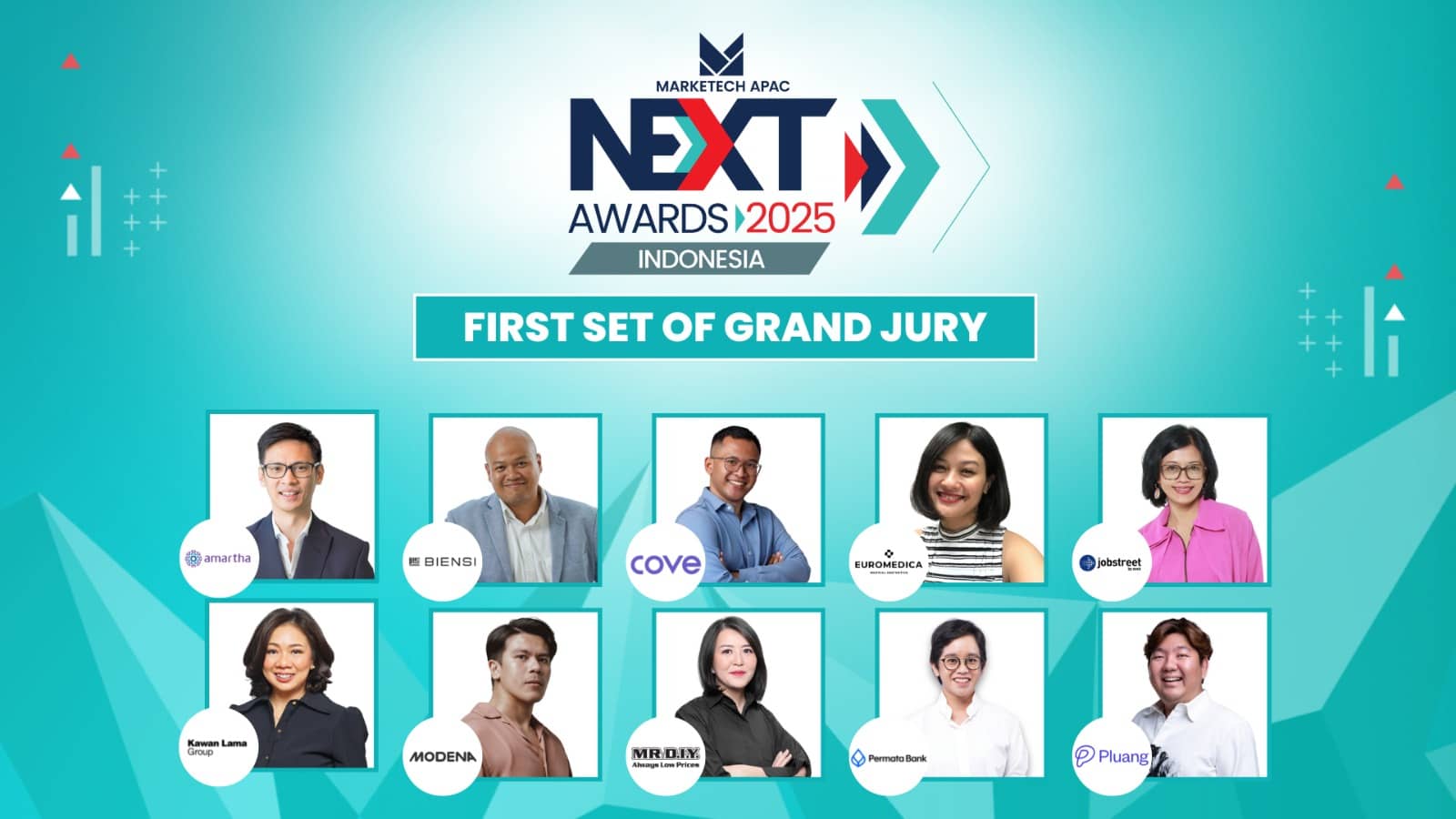In Asia’s fast-evolving communications landscape, there’s no single formula for agency leadership. What’s needed is a rare blend of adaptability, optimism, and entrepreneurial drive—qualities that help leaders thrive amid shifting market dynamics and rising client expectations.
For David Ko, managing director of Ruder Finn Interactive Asia (RFI Asia)—the regional innovation and digital arm of Ruder Finn—that mindset defines his approach. It’s a leadership style equally grounded in navigating the cultural complexities of local markets and confronting the seismic changes reshaping the global agency model.
In this edition of Agency Leadership Decoded, MARKETECH APAC speaks with Ko about navigating cultural complexity, empowering teams, and why the agency model, in the face of AI and client transformation, must reinvent itself or risk extinction.
From founder to network leader: scaling agility with structure
Before joining the Ruder Finn network, Ko had built Daylight Partnership into a standout digital agency. When it was acquired, the shift from founder to regional leader marked more than just a change in title—it became an opportunity to scale his impact without losing the entrepreneurial edge that defined his leadership.
“Transitioning taught me the value of blending entrepreneurial agility with the resources and structure of a larger organisation,” he said. “As a founder, you learn to move fast, take risks, and wear many hats. The biggest lesson? Culture is everything. You need to preserve the innovative spirit that made your company successful, even as you leverage the reach of a global network.”
That experience also gave Ko perspective on the contrasts between running a boutique firm and leading within a large agency ecosystem—especially at a time when rapid technological shifts are rewriting the rules of the industry.
“For the first time in history I believe the agency model is under serious threat, and whether our industry survives very much depends on how well we can adapt and thrive,” he said.
Against this backdrop, Ko’s leadership focuses on trust, empowerment, and innovation from within.
“I focus on building trust, encouraging initiative, and ensuring our people have the freedom to innovate. This optimism and belief in our team’s potential, combined with a practical approach to problem-solving, have allowed us to deliver strategic counsel that’s both locally relevant and globally competitive,” he added.
Leading across cultures through autonomy, mentorship, and empowerment
Operating in Asia’s fragmented landscape means no two markets—and no two teams—are the same. For Ko, effective regional leadership begins with cultural respect and clarity but is ultimately built on trust, autonomy, and shared purpose.
“It starts with recognising that each market has its own way of working, and every team member brings something unique to the table,” he shared. “I’m a strong believer in developing talent from within and giving people the autonomy to lead in their own style.”
At RFI Asia, empowerment isn’t just about handing out responsibilities—it’s about creating the right conditions for people to take ownership, take risks, and thrive. Ko avoids micromanagement in favour of mentorship, fostering an environment where ideas can flow freely and individuals are encouraged to grow into their strengths.
“In practice, empowerment at RFI Asia means identifying each person’s strengths and giving them opportunities to lead projects, experiment with new ideas, and learn from failure without fear,” he said.
That commitment extends to investing in training, supporting cross-market collaboration, and championing initiative at all levels. “I make it a point to be a cheerleader—if someone wants to try something new or take on more responsibility, I’ll back them up.”
The result is a team that’s united by purpose but flexible in approach—capable of delivering for clients across diverse markets, while building a culture of trust and continuous growth from within.
Tech-enabled storytelling: beyond good content
With AI, immersive platforms, and dark social channels redefining how people interact with content, Ko sees the future of storytelling as deeply personalised and experience-led.
“Tech-enabled storytelling is no longer just about formats—it’s about creating experiences that are personal, interactive, and memorable,” he explained. “AI lets us tailor content in real time, but the difference between ‘good content’ and truly immersive storytelling is emotional resonance.”
According to Ko, what makes stories stick isn’t just technology—it’s originality and authenticity. At RFI Asia, that means crafting ideas that can live across multiple ecosystems—while staying anchored in human insight.
“Immersive stories invite the audience to become part of the narrative, not just observers. “It’s about using tech to deepen engagement, not distract from the message,” he emphasised.
Agency evolution: consultative, cross-disciplinary, and client-first
As clients in Asia demand more strategic value at faster speeds, Ko believes agency networks must evolve beyond traditional service delivery to become truly consultative and tech-empowered.
“Clients want partners who can move fast, offer actionable insights, and deliver integrated solutions across markets,” he said. “That means investing in AI, data analytics, and cross-disciplinary teams—but also doubling down on local creativity.”
While in-housing and AI pose undeniable challenges to the traditional agency model, Ko is optimistic about the future—provided agencies adapt with purpose.
“The qualities that make agencies indispensable haven’t changed: fresh perspectives, diverse skill sets, scalability, and industry best practices,” he said. “At the end of the day, clients want partners who are in it with them—not just to deliver, but to co-create.”
Despite what he describes as a looming “tsunami” in the form of AI and business transformation, Ko remains confident in the resilience of people-led agencies—especially those willing to evolve.



